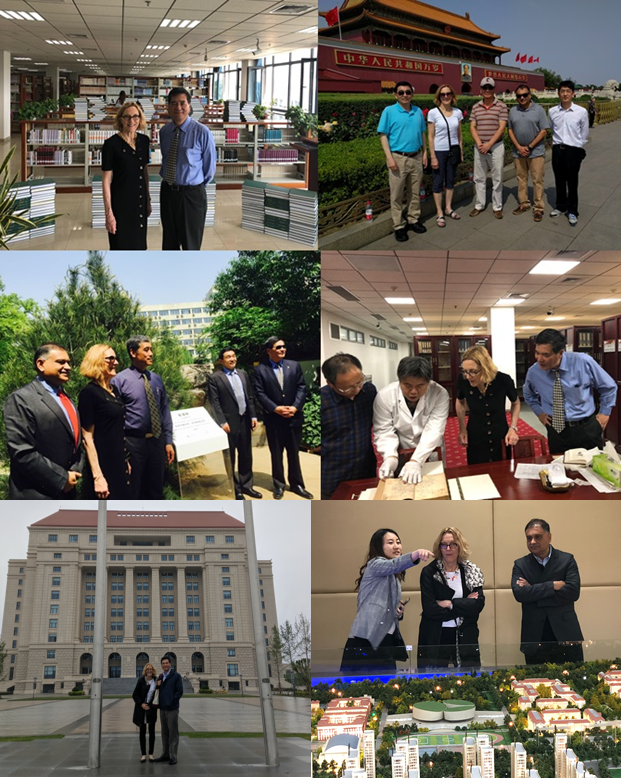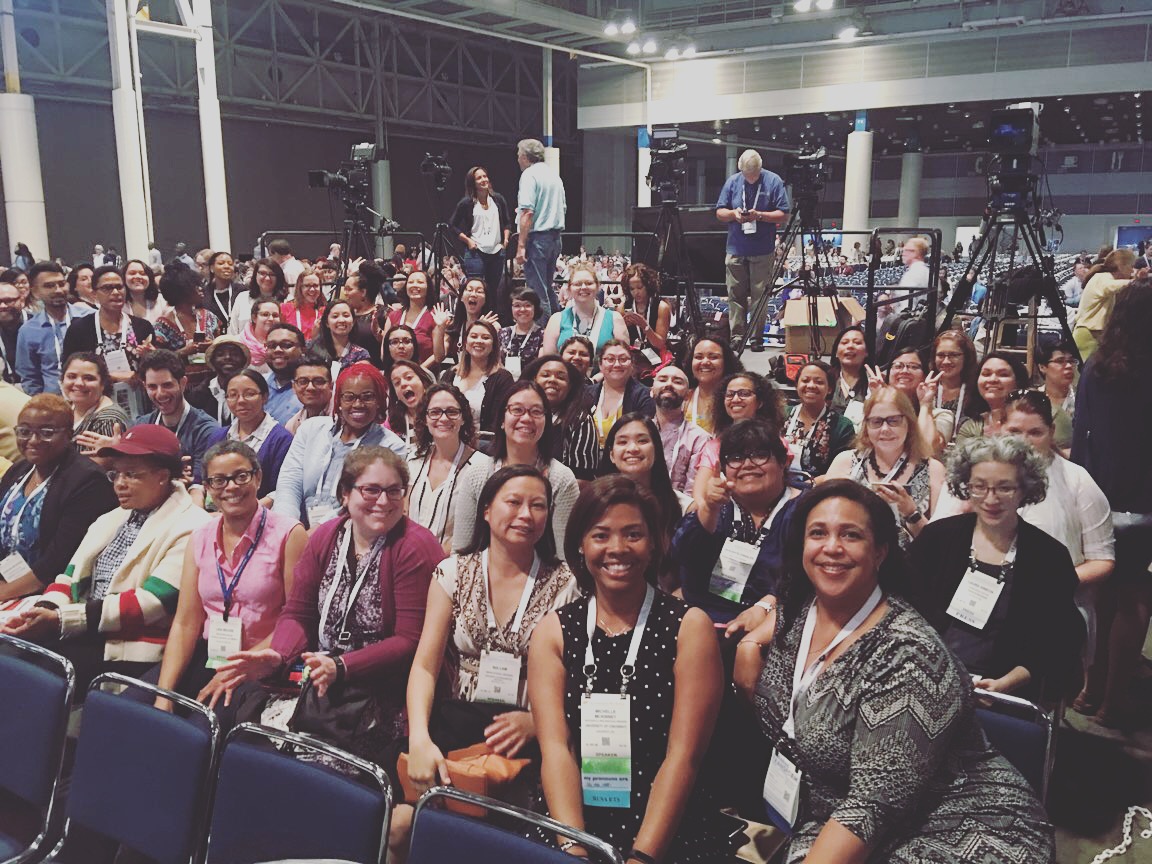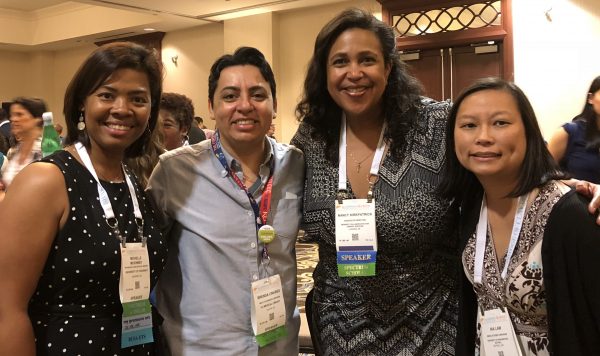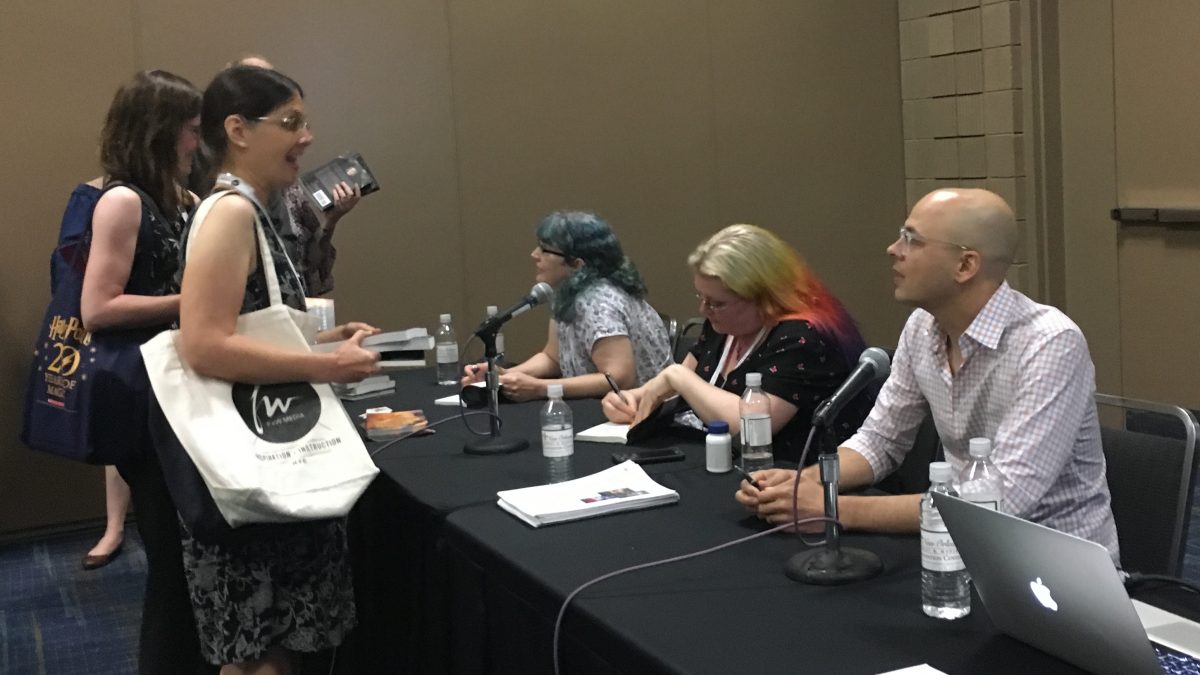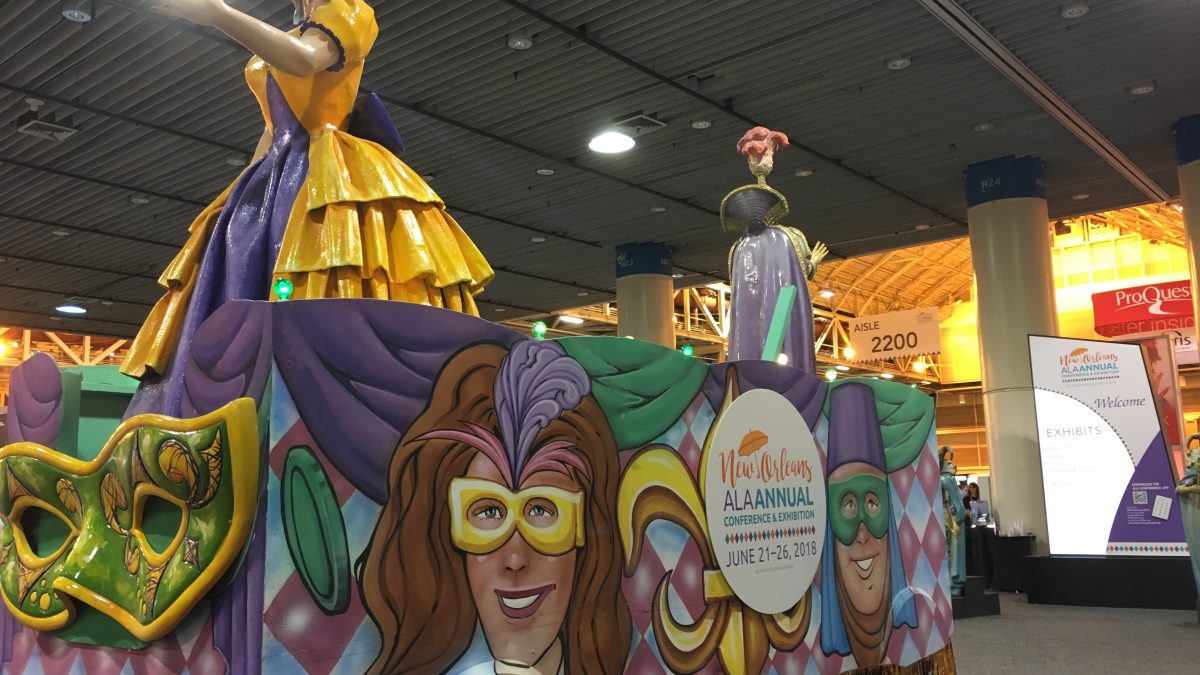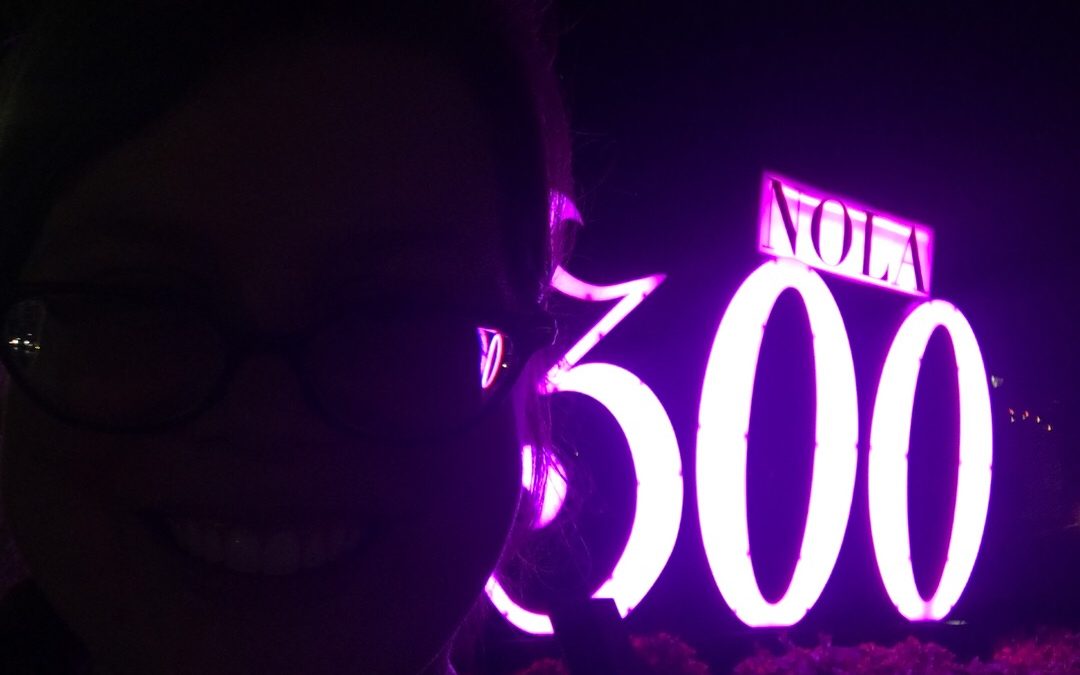by Christian Boyles
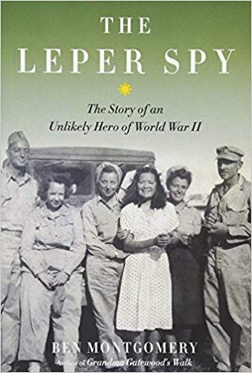
The Leper Spy by Ben Montgomery
D802.P5 M66 2017
About the book
The GIs called her Joey. Hundreds owed their lives to the tiny Filipina woman who was one of the top spies for the Allies during World War II, stashing explosives, tracking Japanese troop movements, and smuggling maps of fortifications across enemy lines for Gen. Douglas MacArthur. As the Battle of Manila raged, young Josefina Guerrero walked through gunfire to bandage wounds and close the eyes of the dead. Her valor earned her the Medal of Freedom, but the thing that made her an effective spy was a disease that was destroying her.
Guerrero suffered from leprosy, which so horrified the Japanese they refused to search her. After the war, army chaplains found her in a nightmarish leper colony and campaigned for the US government to do something it had never done: welcome a foreigner with leprosy. The fight brought her celebrity, which she used on radio and television to speak for other sufferers. However, the notoriety haunted her after the disease was arrested, and she had to find a way to disappear.
Is it checked out? Don’t worry about it. Here are some other titles on the subject.
And if I Perish : Frontline U.S. Army Nurses in World War II | D807.U6 M66 2003
In World War II, 59,000 women voluntarily risked their lives for their country as U.S. Army nurses. When the war began, some of them had so little idea of what to expect that they packed party dresses; but the reality of service quickly caught up with them, whether they waded through the water in the historic landings on North African and Normandy beaches, or worked around the clock in hospital tents on the Italian front as bombs fell all around them. For more than half a century these women’s experiences remained untold, almost without reference in books, historical societies, or military archives. After years of research and hundreds of hours of interviews, Evelyn M. Monahan and Rosemary Neidel-Greenlee have created a dramatic narrative that at last brings to light the critical role that women played throughout the war. From the North African and Italian Campaigns to the Liberation of France and the Conquest of Germany, U.S. Army nurses rose to the demands of war on the frontlines with grit, humor, and great heroism. A long overdue work of history, And If I Perish is also a powerful tribute to these women and their inspiring legacy.
Women at War : the Women of World War II | D810.W7 L47 2002
When the men went off to the front in World War II, a huge vacuum was left behind in the family, in the workplace, and in society at large. Women soon stepped into the breach in the factories, on the farms, in transport and public services, as well as in auxiliary military services, intelligence and espionage. Women endured the hardships of separation and rationing, as well as aerial bombardment, arrest, interrogation and perhaps imprisonment in a labour camp. Socially, women gained new skills and acquired a new sense of freedom, independence and equality, which they would take with them into the post-war world. From a German pin-up to American photographers, from Japanese women’s police to all women British orchestras, from Soviet women typists in the field to German pilots, from prisoners of war to secret agents, Women at War in World War II is a testament to these courageous and capable women and their experience, in both Allied and Axis countries. Included are first-person accounts, from the London air-raid warden to nurses caught in the raids on Pearl Harbor to flight technicians in Toronto.
The Life and Times of Rosie the Riveter DVD | D810.W7 L53 2007
Among the many sweeping social changes engendered by World War II was the influx of women into previously male-dominated workplaces. Documentary filmmaker Connie Field interviews five of these women. Black and white, urban and rural, poor and middle-class, the former defense employees relate their treatment during and then after the war, when they often faced discrimination from their male co-workers and employers, even as they were publicly praised for leading the war effort at home..
The reminiscences are intercut with the realities of the period – old news, films, recruiting trailers, March of Time clips, and pop songs such as “Rosie the Riveter.” These often serve to highlight the disparities between how women were portrayed in wartime media and the actual experiences of these five women.


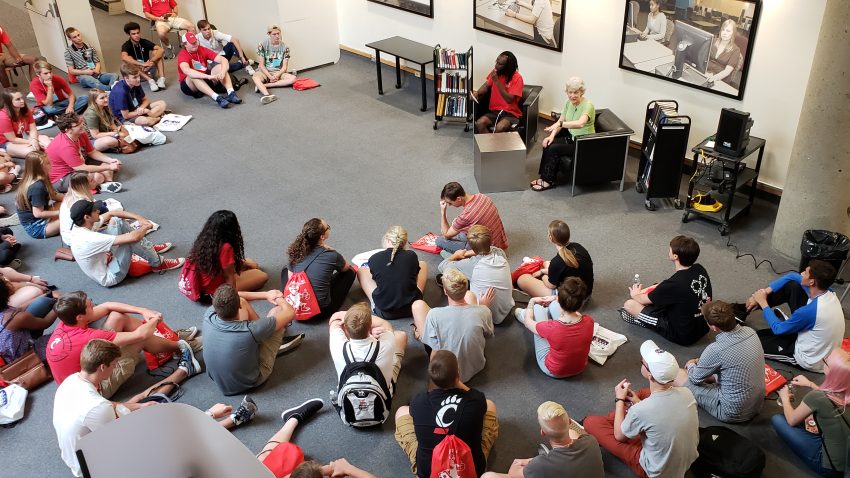
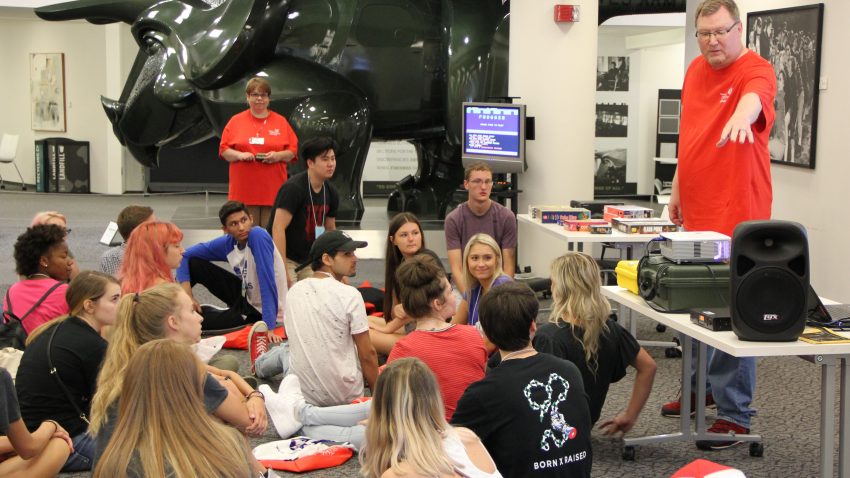
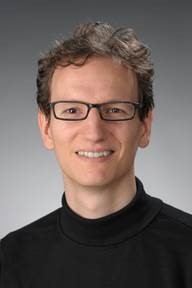 UC Libraries and IT@UC Research & Development and are pleased to announce the Data & Computational Science Series (DCS2) 2018, a speaker series supported by a Universal Provider award from UC’s Office of the Provost for faculty development.
UC Libraries and IT@UC Research & Development and are pleased to announce the Data & Computational Science Series (DCS2) 2018, a speaker series supported by a Universal Provider award from UC’s Office of the Provost for faculty development.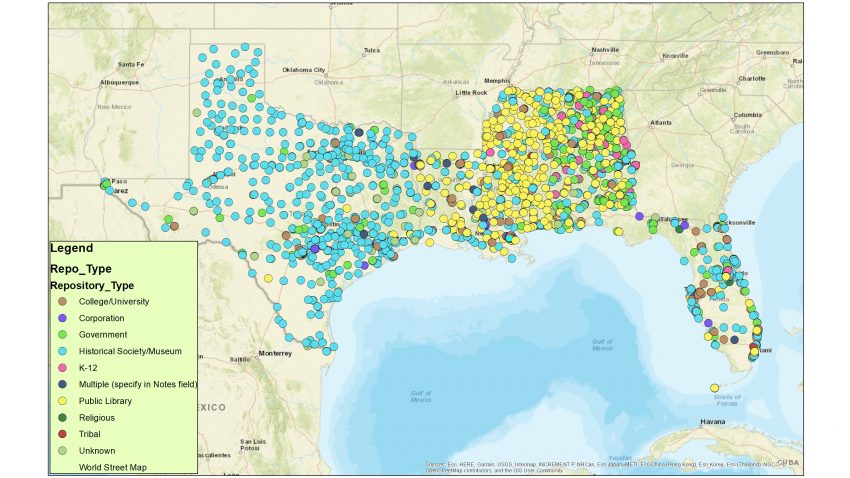
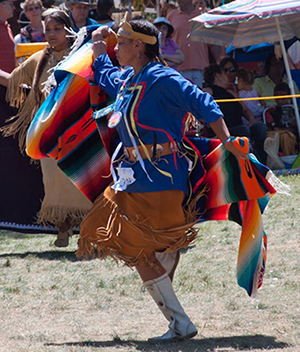
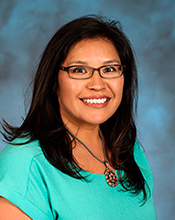
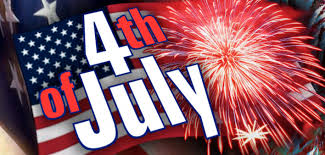 UC Libraries will be closed, Wednesday, July 4 for Independence Day. This includes Langsam Library’s 4th floor, which will close Tuesday, July 3 at 11pm and reopen Thursday, July 5 at 8am. Normal
UC Libraries will be closed, Wednesday, July 4 for Independence Day. This includes Langsam Library’s 4th floor, which will close Tuesday, July 3 at 11pm and reopen Thursday, July 5 at 8am. Normal 